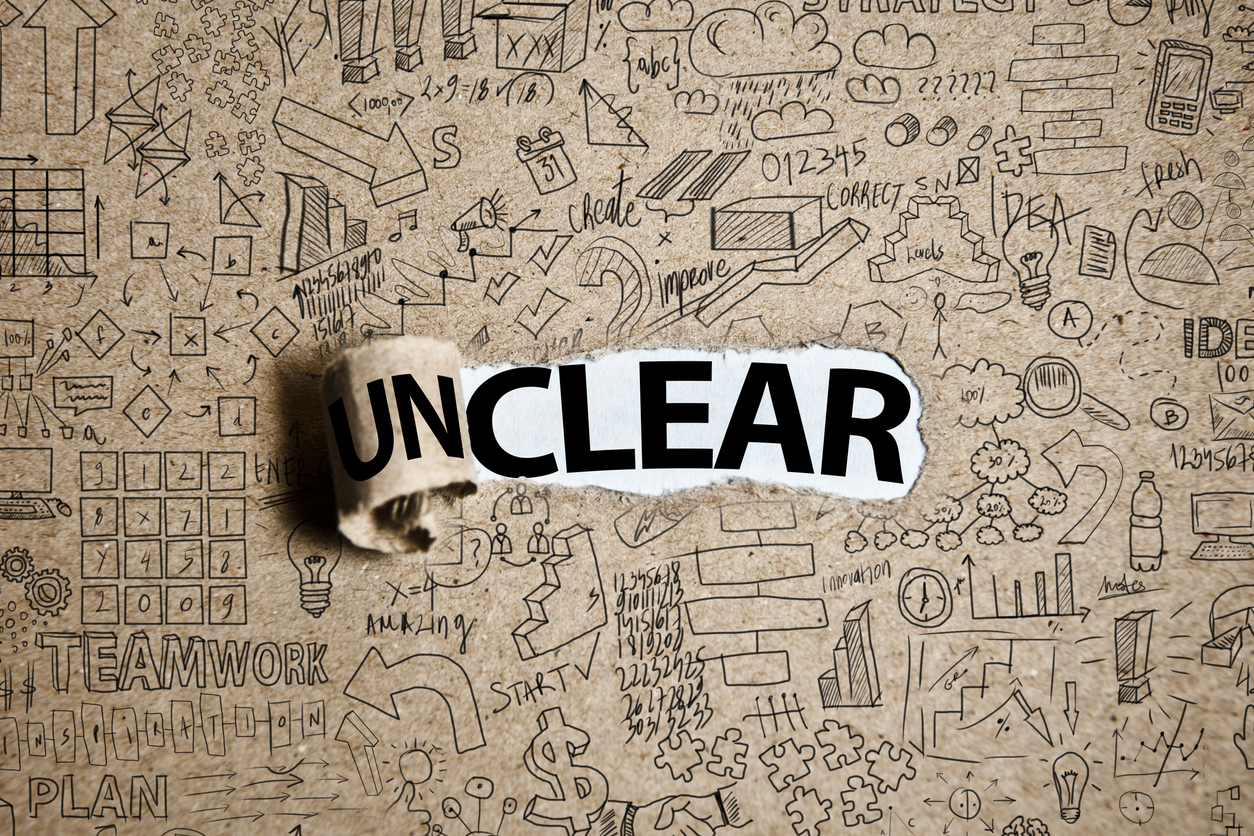Most property insurance policies exclude coverage for damages caused by the freezing of household systems or appliances unless the insured used reasonable care to maintain heat in the building or shut off the water supply and drained all systems and appliances of water. Courts interpreting the “freezing exclusion” have generally found that the language within the policies is clear and enforceable.
At least one federal court,1 however, has acknowledged that in the nature of insurance coverage decisions, which must be made on a case-by-case basis, it is impossible to define what constitutes “reasonable care” to “maintain heat” in any one situation. That court, interpreting New Jersey law, ultimately construed the terms of the policy’s freezing exclusion by their ordinary terms as follows: an insured individual would not be excluded from coverage for losses caused by freezing if they took objectively reasonable steps, i.e., steps an ordinary person in his position would have taken, to ensure that the temperature in their home remained above freezing.
In a more recent case also interpreting New Jersey law, a court declined to dismiss an insured’s breach of contract complaint after a motion to dismiss was filed by the insurance company, ruling that it was premature before any fact or expert discovery had taken place to resolve the factual issue of whether the insureds had adequately maintained heat at the property.2 This case is noteworthy because the court refused to consider the insureds’ testimony from the insurance company’s Examination Under Oath (“EUO”) in support of the insurance company’s motion at that initial stage of the litigation-thereby giving the insureds an opportunity during the ensuing litigation to prove they had taken reasonable steps to maintain the heat at the property.
In closing, please try to stay warm during these dangerously cold temperatures!
_______________________
1 Dooley v. Scottsdale Ins. Co., No. 12-1838, 2015 WL 685811 (D.N.J. Feb. 18, 2015).
2 Petcove v. Pub. Serv. Elec. & Gas, No. 18-9709, 2019 WL 137652 (D.N.J. Jan. 8, 2019).



